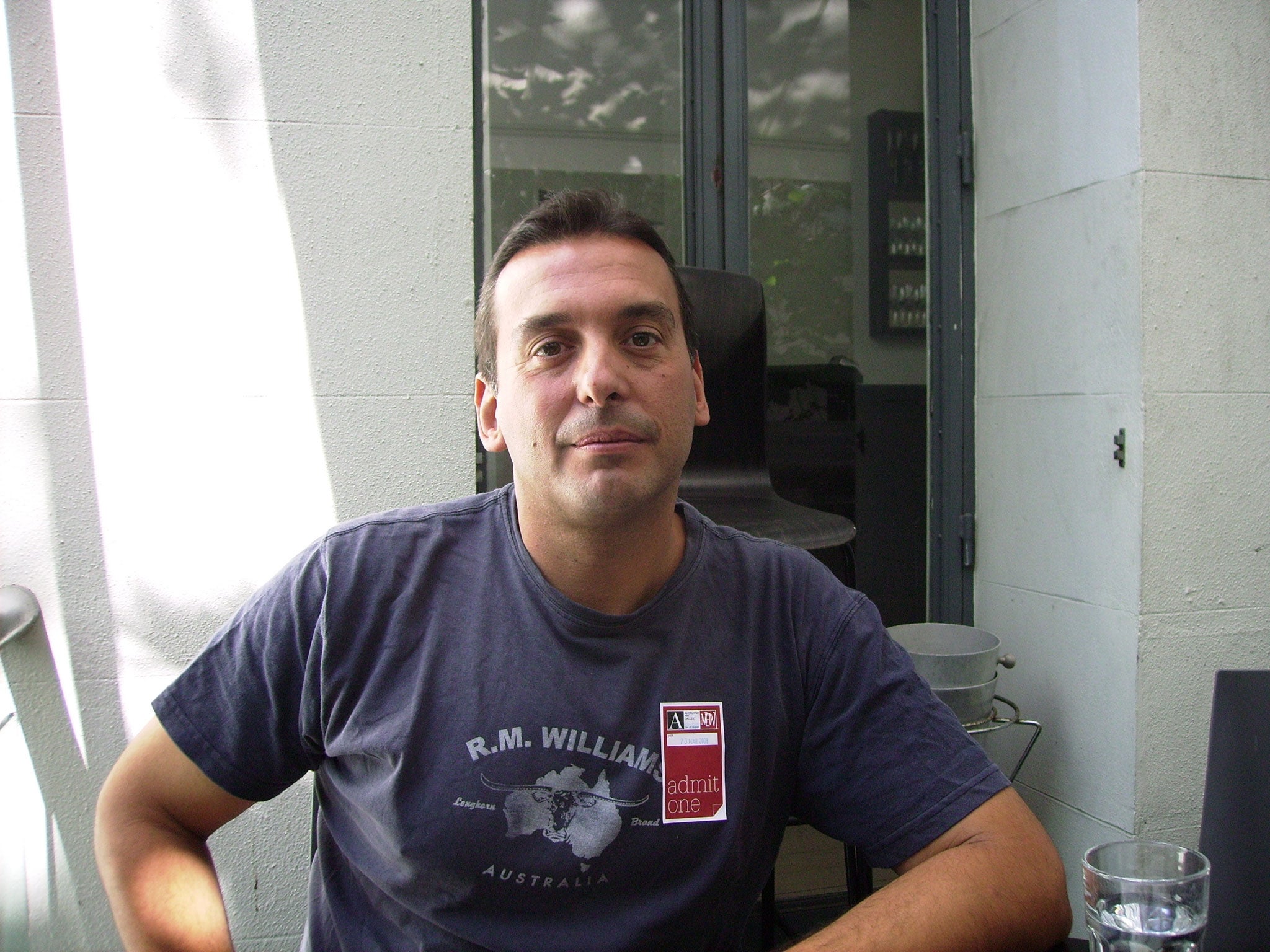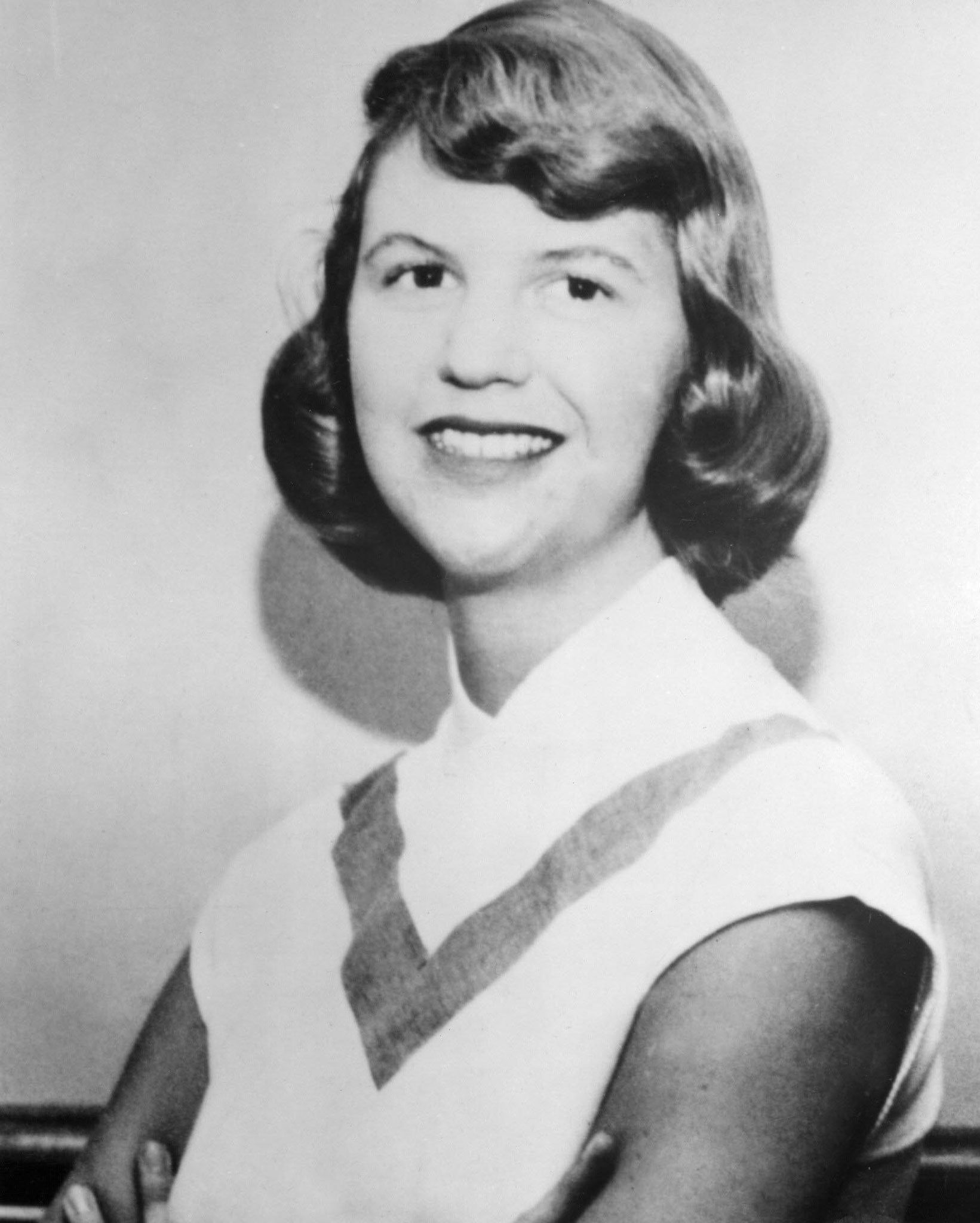Arifa Akbar: Some fictional characters are gay. Get over it

I was waiting for the Australian author, Christos Tsiolkas to begin his first UK event this week and, as the audience filed in from the drizzle, I noticed a particular absence in the room. That of women. It was just me until – phew – three others slunk in. Tsiolkas's reading at a Bloomsbury basement bar had been organised by the bookshop Gay's the Word, so the clue was in the title, but I was thrown at first, to be among an audience with shared affinities that reared themselves – fascinatingly – during the discussion.
Tsiolkas talked about his book, Barracuda, a coming-of-age story about a competitive swimmer whose game hits the buffers. The novel's a very different fish to his last, The Slap, a state-of-the-nation story that made waves for its cast of homophobes, misogynists and racists alongside the bored married couples who usually occupy the suburbs. Tsiolkas ruminated on the ideas behind this latest work. It is about the mathematical precision of sporting achievement, how it can be measured down to the second, unlike the success he experienced with The Slap. It is about how we lionise young sportsmen and women, "but if they make one mistake, we turn on them savagely". It is also "the story of how to be a good man", as the index card on top of his computer reminded him during its drafting.
Those are all the things it is about, he said. Something hung in the air though and then the audience broached it: the fact that his protagonist, Danny, 14 years old at the outset, is gay, but we are not given his coming-out story. "I made this decision that I wouldn't write a coming-out story," said Tsiolkas. "I don't think you need to write a coming-out story every time you deal with a gay character. I would bore myself, I would bore my reader. We know that story... I took a punt... I trusted the reader to fill in the gaps."
With those very reasonable sounding words –that there is no "one" coming-out story and it is not his responsibility to describe it anyway – Tsiolkas seemed to suggest that perhaps the time had come to override a literary tradition that, for the past 50 years or so, has made something of a central character's homosexuality; either celebrated it or defined it by its guilt, its persecution or its own particular excitements.
A generation of brilliant writers have done this, from EM Forster (with Maurice, whose publication he resisted in his lifetime: "publishable – but worth it?" he asked) to Edmund White, Armistead Maupin and the earlier works of Alan Hollinghurst, in which homosexual is not incidental – it can't be – it has to be the heart of the story. The stories are masterfully woven, but they are all about the fact that gay men live distinctly, love distinctly, suffer distinctly.
And why wouldn't they be? Centuries of literature has obfuscated homosexuality, tried to rub it out or referred to it in terms of public punishments and private torments. The archetypal odd bachelor or mannish spinster emerges in canonical fiction time and again, their lifestyle an unsolvable puzzle that is "best left unexplained", such as in the case of Mrs Wade in Little Dorrit.
There are coded ways in which gay writers themselves have dealt with the subject in a more censorious age: Mary Renault wrote about homosexual relationships in her historical fiction before she grappled with this issue in her contemporary masterpiece, The Charioteer. In her vivid depictions of ancient Greece, homosexuality could be tackled from a safer distance, perhaps.
Tsiolkas's words made me wonder whether coming-out narratives were essentially historical – stories that would die out when prejudice did. After all, how novel-worthy is the story of someone realising they are straight?
There is plenty of anguish in Barracuda but none of it revolves around sexuality. Tsiolkas's first novel, Loaded, was about a young Australian: a gay, working class, unemployed son of a Greek immigrant who similarly lacked a coming-out story. There is a wonderful confidence in this kind of storytelling, I think. Tsiolkas seems to be saying, "these men are gay, and that's not the story".
He's not the only one to characterise in this way. Television serials do it too. The Wire, ER, and more, feature gay characters whose sexuality is not a focus point of interest. Donna Tartt's The Goldfinch leaves a central character's sexuality unconfirmed. He may or may not be gay. This absence of storytelling around his sexuality is not at all like the old canonical fear of "going there". It's more a case of "we've been there and we're over it".
Or are we? Perhaps it is wishful thinking. This week, we learned, in one piece of research, that however happy homosexual couples might be – and they are apparently happier than most – they show fewer signs of affection in public. Probably for obvious reasons. The lesbian classic, The Well of Loneliness, among the most iconic coming-out stories of all time, is republished next month and is still relevant to many. Perhaps stories of coming out are destined to read like history one day, but not quite yet.

There's a new species at the zoo: poet-in-residence
Ahren Warner, a 27-year-old former shortlistee of the Forward Prize, is the first poet-in-residence at London Zoo. His brief is to put on literary events and workshops and also to write poetry on the wildlife that lives there.
So which animal has piqued his creative curiosity thus far? The monkeys of course, he says, the very same animal that Ted Hughes spun into verse, describing Sylvia Path's fingers as "monkey elegant".
"I've been amazed by them, how close you can get to them [at the zoo] and how weirdly human they are," says Warner, who hopes to bring over American poets as well as the best of young British voices during his year-long residency.
Join our commenting forum
Join thought-provoking conversations, follow other Independent readers and see their replies
Comments
Bookmark popover
Removed from bookmarks